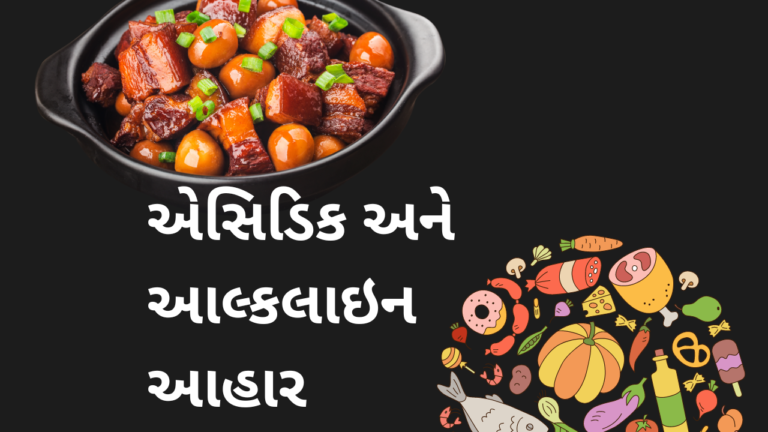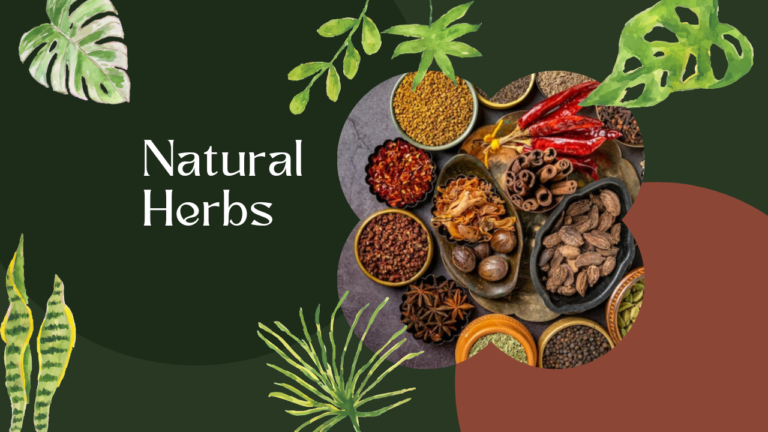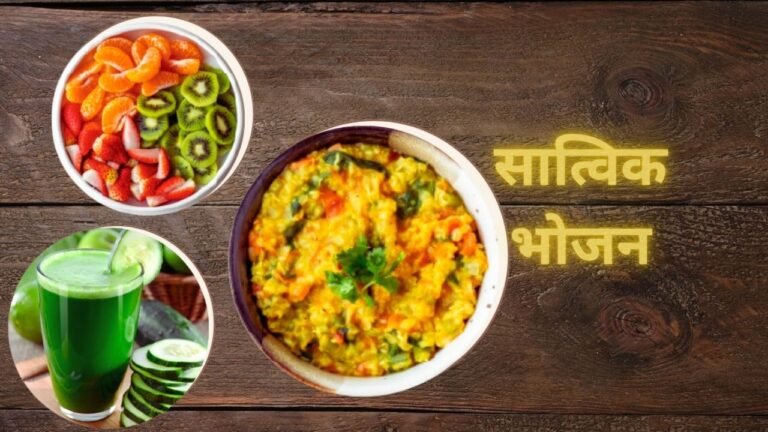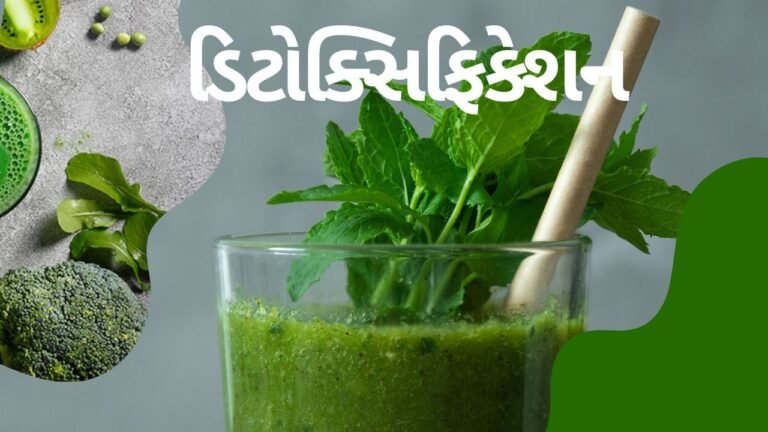Daily Routine
Daily Routine

Today we’ll be discussing Ritucharya . It is important to know how to take care of our health in our day-to-day life. In olden times, we had gurukuls to teach us about the significance of all this, but as we are getting civilized, we lose that insight. Monsoon expresses the true beauty of nature.
As monsoon arrives, discussion of Ritucharya becomes prominent. The co-operation of the body with nature, the dos and don’ts, proportions of things to do and the planning that goes behind it is called Ritu Chariya or Din Chariya. We should take extra precautions in the rainy season because there is a rise in the widespread number of diseases.
Dinacharya Ritucharya shows us how we can safeguard ourselves from disease, what to eat, what to avoid, how much to exercise and what things are good in a specific season.
In India, we have a total of six seasons (Ritu):
- Shishira
- Hemanta
- Sharada
- Varsa
- Grisma
- Vasanta
In different seasons (Ritu), our body requirements are different, and they directly affect our metabolism which makes the role of Dinacharya Ritucharya more important. Every season demands different internal metabolic activities and immunity levels. The sages in our country earlier mentioned everything about the do’s and don’ts. It is also seen that those habits and way of living particularly with nature has been mentioned in our Vedas.
In our ancient Vedas, there is information about how cooked and uncooked our food should be in each season, in which season our body generates cough, etc. This beauty of all this has been well explained in our ancient manuscripts already. Due to increased modernization, civilization and the rise of hypocrites in society, we have lost our way and our culture with it. The world’s first university, that is “Nalanda university” is present in India itself.
The sages of our past have left behind their precious legacy for us. As more research is conducted these facts left in that precious legacy of our sages are being discovered. The fault is our own for being active participants in the rat race of life.
We send our children to big schools for advanced levels of education. But know one thing, a building whose foundation isn’t strong can’t withstand pressure. If you want to provide the coming generations with something worth possessing, we should pass on our cultural and traditional wisdom, which in itself is an advanced science.
We will not only save our cultural legacy and customs but also protect the overall health of the future generations. Because the knowledge that we have been given has not been found in any of the discoveries made in recent times. It is crucial to teach our children about these ancient Vedas to protect our culture.
We should teach them about Ritu Chariya to ensure appropriate prevention of diseases. To improve your immunity, metabolism and overall health. Make sure if one is saved from different diseases during Sharada Ritu then they are healthy the whole year.
Monsoon is the combination of two seasons: Sharada Ritu and Varsha Ritu.
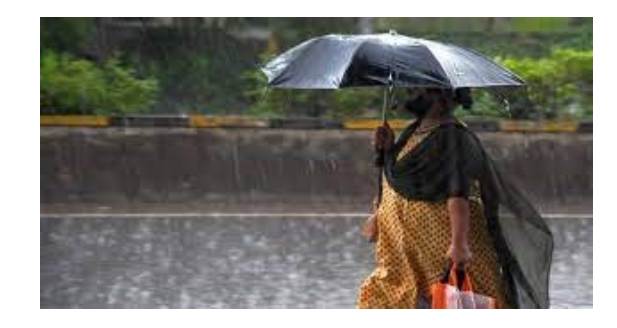
Both these make up the 4 months of the monsoon season.
The people living in metropolitan cities have firsthand experience of going places during monsoons, which may include visiting waterfalls, trekking, etc.
We should understand the significance of water and know that with being beautiful, nature is also dangerous.
In monsoon there are widespread bacterial infections, viral infection, stomach infection, cold, fever, etc. occur due to contaminated water and mosquitoes. This causes an aggravation of various diseases. It is therefore crucial to understand and practice Dinacharya Ritucharya. The rate of humidity and moisture in this period is high.
When we breathe the air is heavy because of that moisture. The density of water increases exponentially too. As a result of all this our digestion process takes a toll and becomes heavy. This suppresses the fire element present in the stomach. Due to moisture in the air and less sunlight our digestion is heavy, leading to slow metabolism.
It affects the lungs leading to heavy (palpitation) respiratory system. It takes the longest time to digest our food in monsoon season due to very little presence of sun, directly affecting our digestive systems. When in this condition we should be cautious of what we eat.
Therefore, dietitians advise that we should eat a light meal and drink boiled water. This has both hygienic and dietary significance. There should be a gap of at least 4-5 hours between two meals for better digestion. Due to imbalance in the fire element indigestion, constipation and gastritis become major issues.
Pain dominant diseases such as diarrhea, vomiting, arthritis pain, etc. which occur due to heavy uric acid are provoked. So, we should avoid eating dry foods and bakery items in monsoon. Eat fresh, cooked and hot food as compared to raw food.
The ratio of 60-40 for cooked and raw food in this season should not be followed. More sautéed, cooked or blanched food should be eaten. If accumulation occurs due to not eating right, it may end up affecting your gut health. To avoid bloating, indigestion and other such issues, the above-mentioned tactics should be used.
If we live as per the teachings of our culture, we will not require dietitians or any other doctors’ consultation for a heathier lifestyle. Different religion like Jainism contains principles that suggest intermediate and intermittent fasting known as ‘Paryushan’ held in this rainy season only which is scientifically seen as healthier phase.
It also suggests that we should eat before sunset and then directly after sunrise. It results in 14 to 16 hours of fasting. This season has a vast presence of festivals and holidays and for good reason. For avoiding the problems of “pith”, consumption of milk and sugar and related items are suggested. Fasting and its motive is to balance digestion during these four months of monsoon.
Similarly, in Hindu religion it is seen that the period of Shravan is prominent and dedicated to Lord Shiva. We fast and worship Lord Shiva. It is a compulsion for the non- vegetarians to avoid meat and chicken. This, however, is a healthier phase for them too.
Consuming dairy products and raw sugar in these four months of monsoon. It is crucial to consume foods that are easy to consume and avoid grains. Pit-related diseases such as migraine, skin allergies and sin diseases, burning sensation, acidity etc. aggravate in rainy season. Women and related issues like hailfall etc. aggravate in this season as well.
How to manage your routine in this monsoon season:
- Sleep early
- wake up early
- Have a good night’s sleep
- An hour or exercise
- drink boiled water
- eat freshly cooked food and avoid green vegetables or raw salads.
- Avoiding vegetables is prescribed in this season instead eat pulses and lentils. Have soup, boiled drumstick, etc.
There are 2 reasons for the same one is protein intake and the second is not getting healthier veggies and fruits, but rotten ones.
We should avoid dairy products like cheese, panner, butter because it takes a longer time to digest.
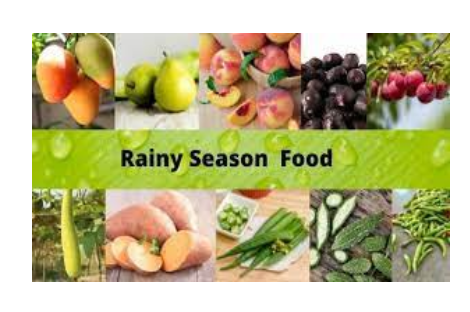
- We should start our day with a glass of warm water.
- You can consume castor oil (one spoon) before eating.
- Our breakfast should not include heavy foods instead we consume easy to digest food which contains fibers and liquid.
- We should eat red fruits which are considered monsoon fruits like plumps, liches, apple, papaya and pomegranate. These fruits are rich in iron and antioxidants which help in maintaining hemoglobin.
- Diabetic patients should consume hot food for breakfast like oats and poha.
In case of a mid- meal, we should consume amla juice and Ash gourd juice which will improve your immunity. Which acts as a high fiber, alkaline and essential consumption. Thirty minutes before lunch we should have salad which is lightly roasted or sauteed. This acts as a pre-digestive food.
Try to avoid consumption of gluten for better digestion. Instead use grain such as ragi, jawar, bajara, maki, rice. Eating bottle gourd and bitter gourd are healthier in this season. If you feel hungry you should eat as per your hunger. Don’t force yourself to eat if your body doesn’t want it.
Before dinner, that is the time of evening munching, you can drink kadha, eat makhana and soaked nuts or other protein rich foods.
It is recommended to eat dinner till 6:30 pm. We should avoid overeating. In dinner we should have soup, smoothies. Light foods like rice dal, upma, etc. Avoid roti and Bhakri in dinner because that is heavy to digest. Boil water and store it in a mud vessel. Make sure to look after your diet and health and follow these instructions. To add taste to your daily food that through foods won’t affect your health try to include mint leaves, curry leaves, coriander leaves, green chili, garlic and ginger, Hing, jeera, kokum in the food preparations for better digestion. Inspite of that carrom seeds and black pepper is recommended to add on.
This is knowledge that will help achieve better immunity and health through sleeping right, eating well and exercising consistently!



